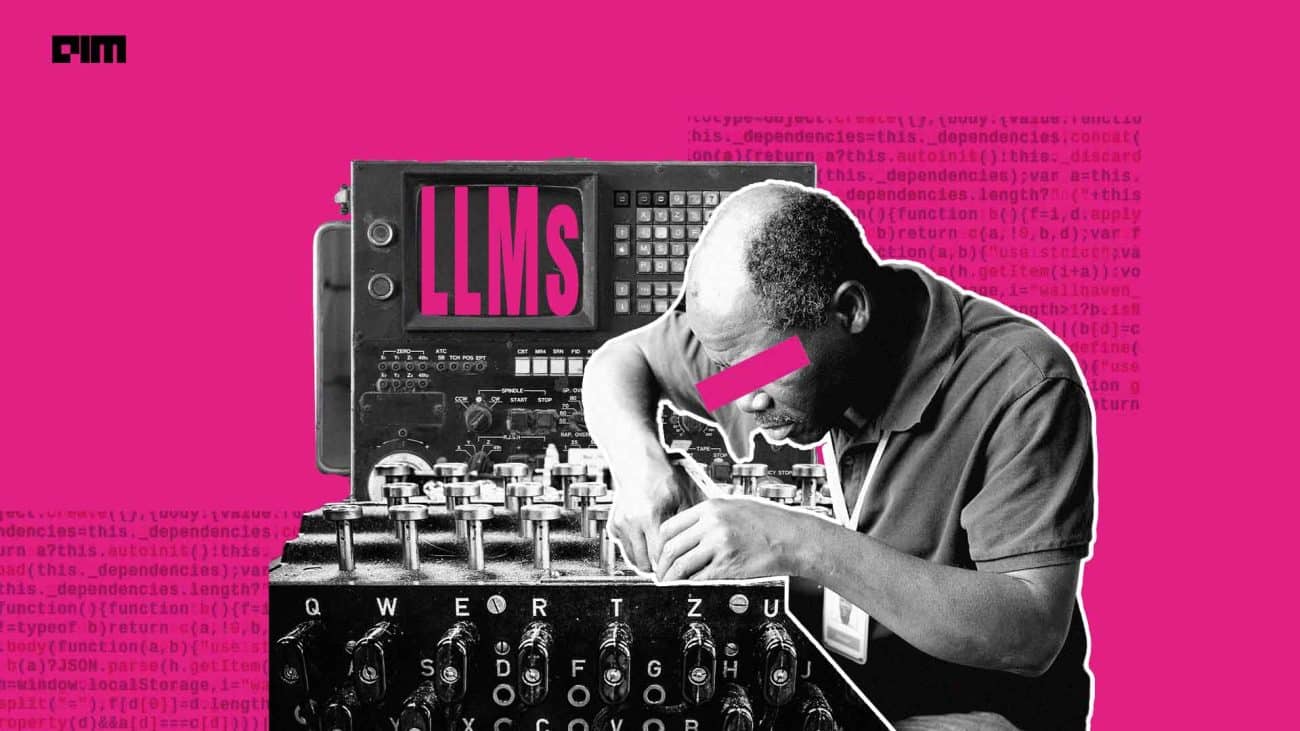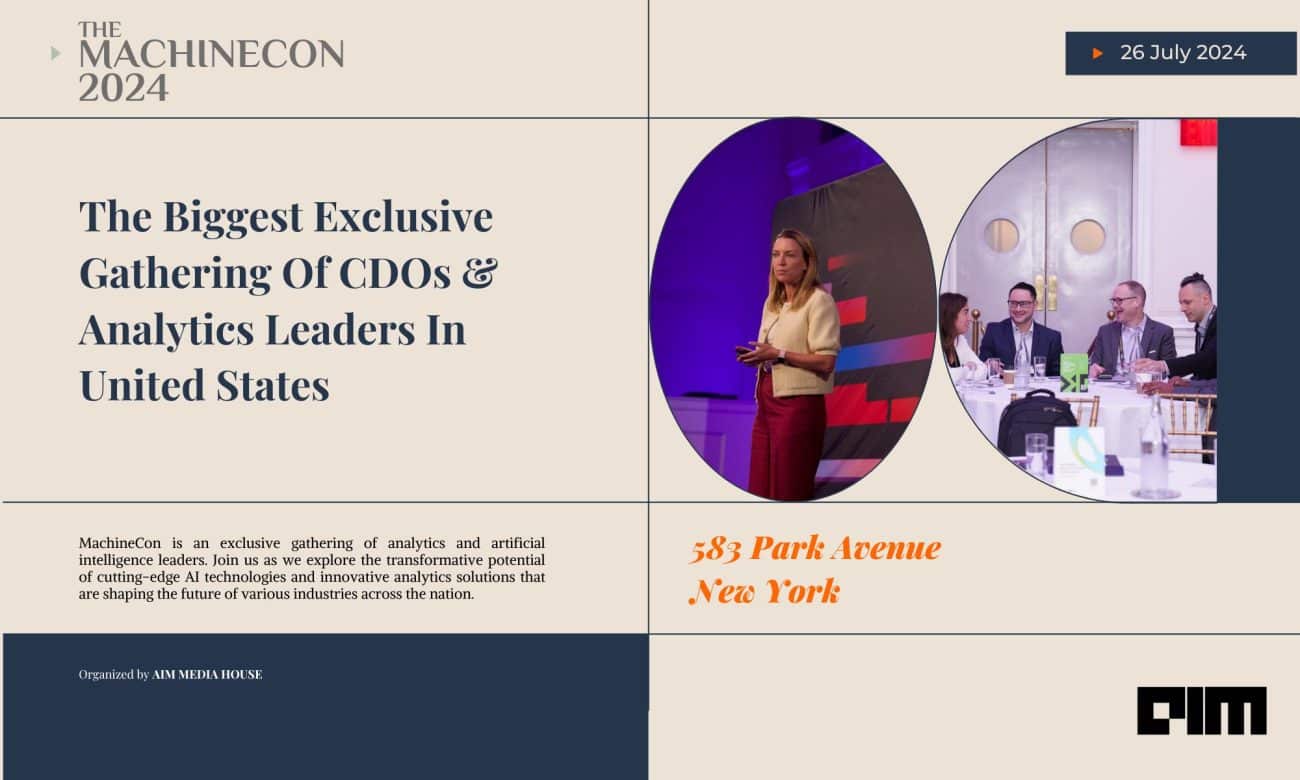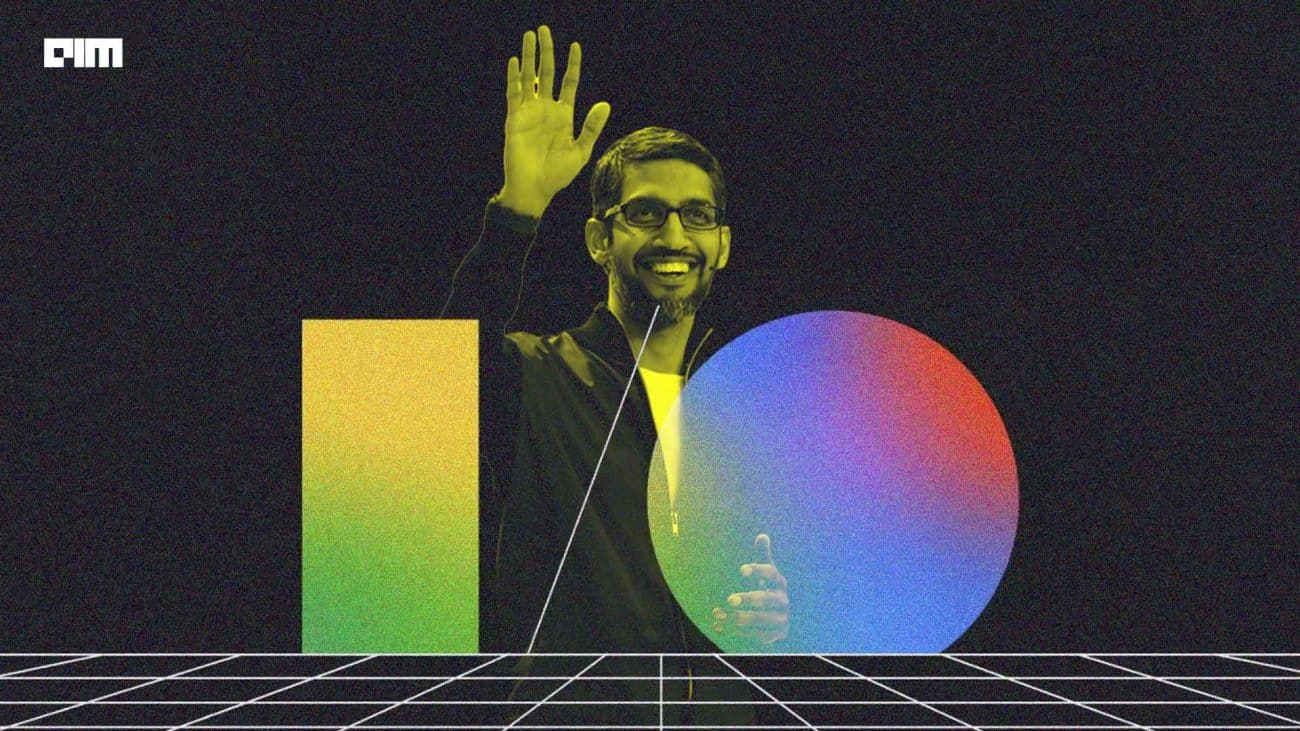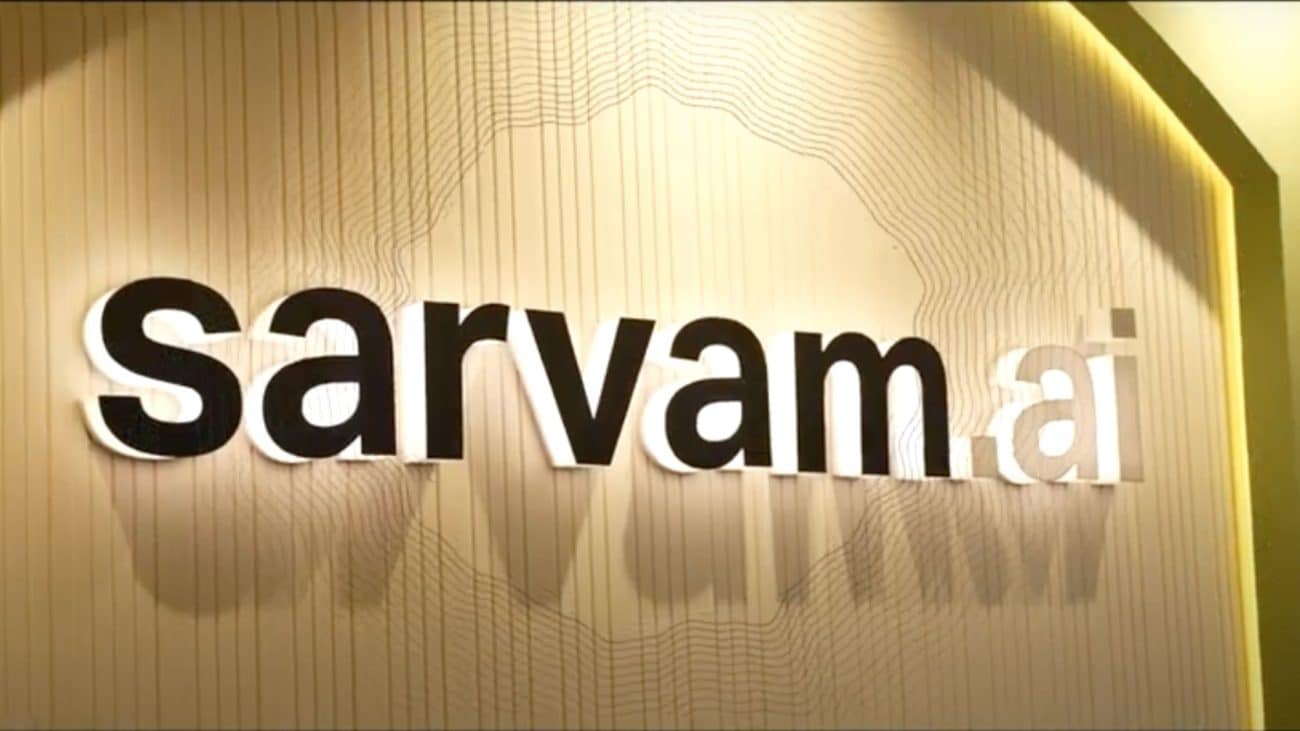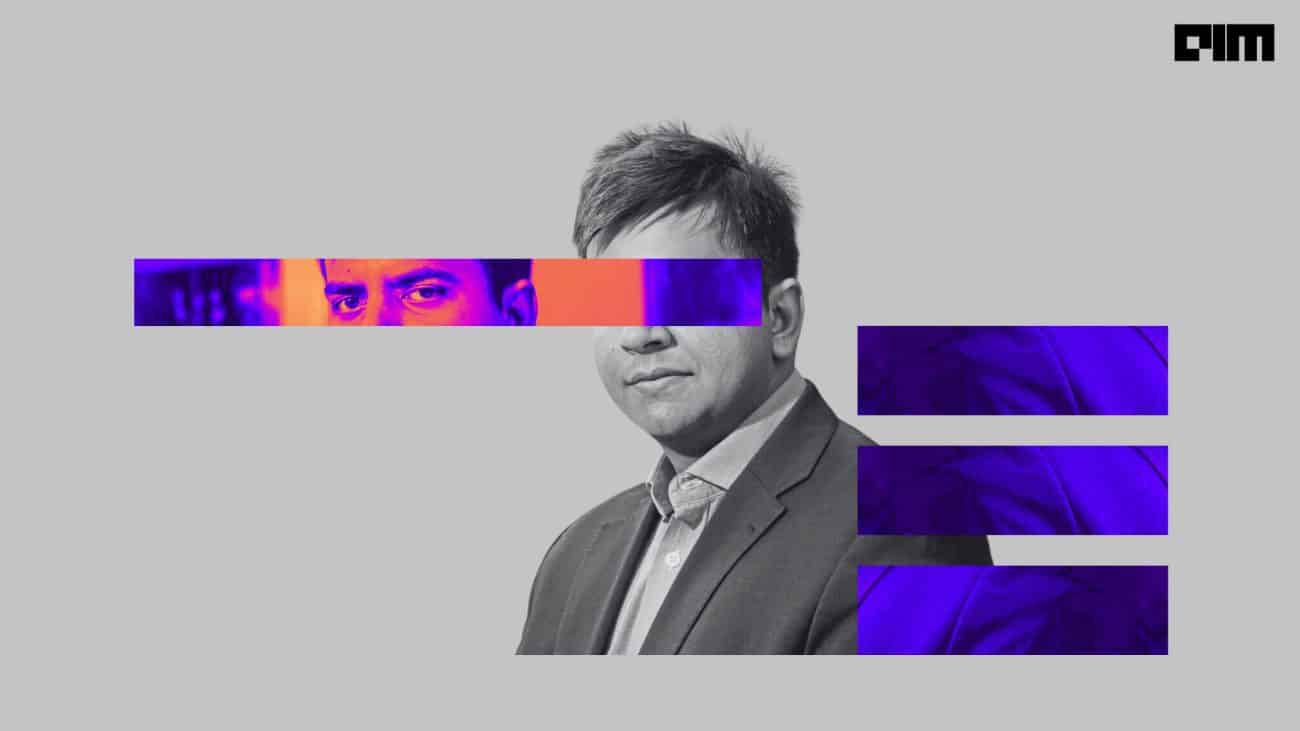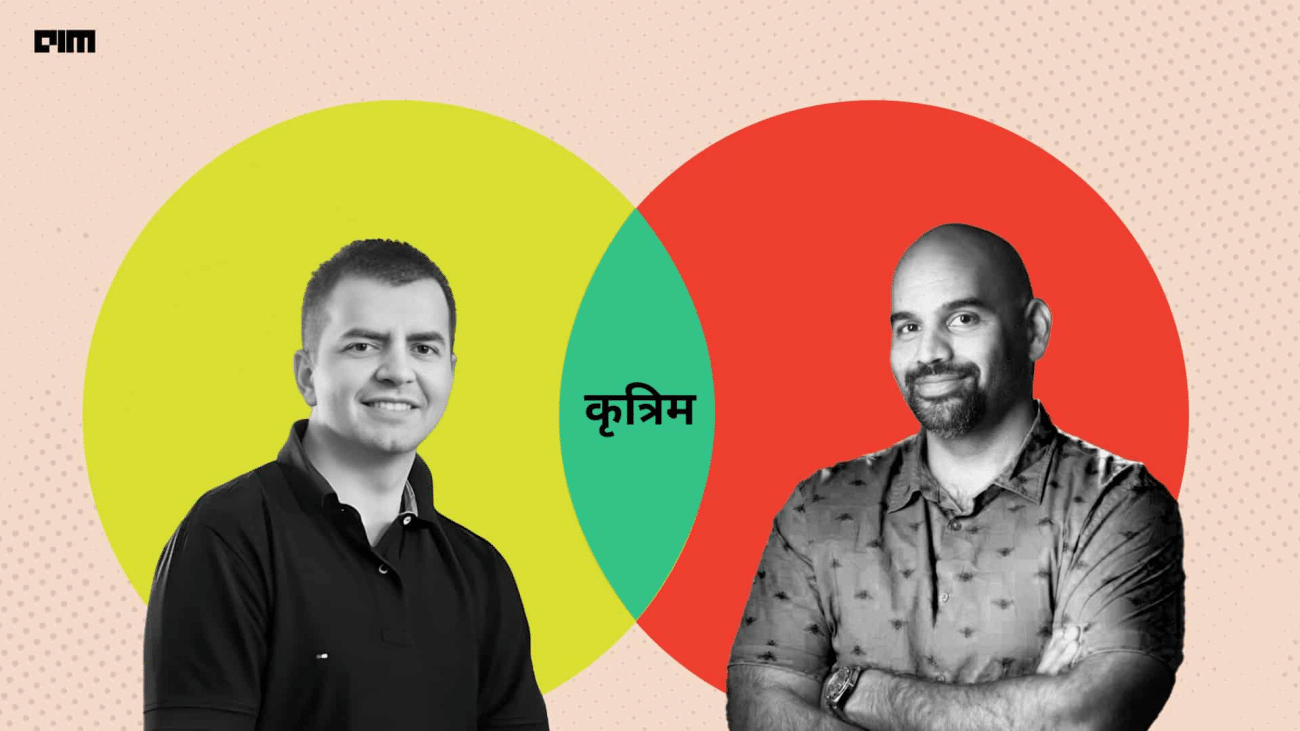When Prime Minister Narendra Modi asked tax officials to use data analytics to track undeclared wealth for efficient tax administration last week, it was looked upon as the inevitable step after 2016’s demonetisation drive.
In fact, experts suggest that the method of using data analytics to find out links between people, their income and their investments can raise red flags. By scrutinising data in this manner, it is would be easy for the government to find out the association among these factors on a deeper level.
Asking the tax officials to use the power of data to identify tax evaders, Modi asked them the bureaucrats to fix targets to improve the country’s tax administration by 2022, the 75th anniversary of Indian independence.
He was speaking at the second edition of the annual ‘Rajaswa Gyan Sangam’ — the joint conference of direct and indirect tax officials.
Reduce Human Interaction:
Modi added that though efforts to increase tax revenue are made by officers each year, the estimated amounts of tax that should accrue to the system, are often not realised. He asked officers to come up with a time-bound solution to this issue. In fact, he also suggested complete reworking of human resource management in the tax departments to strengthen the data analytics and investigation wing.
Union Government is working towards creating an environment that instills confidence among honest taxpayers & uproots corruption.
— Narendra Modi (@narendramodi) September 1, 2017
Urged tax officials to use data analytical tools to proactively track and determine undeclared income and wealth. This will be beneficial.
— Narendra Modi (@narendramodi) September 1, 2017
He also said that human interface must be kept to a minimum in the tax administration’s dealings and asked for a push in “e-assessment” and anonymity of proceedings using technology.
Online Lives = Full Disclosure:
In the modern world, a person is easily decoded into a collection of his or her online activities. From tweets, status updates, check-ins and photos — every things we do when we’re connected to the internet makes up our digital persona.
With Modi asking the tax officials to use data analytics to keep a better watch on the lives of taxpayers as well as defaulters, the line between citizens’ online as well as offline lives will blur.
Robo-audits — or bots comparing your tax information with third-party data (such as social media) — will bring almost every single taxpayer under scrutiny.
If, for example, a person’s ‘check in’ on Facebook or Instagram do not match with the tax statement and expenses submitted by them, the user may be in trouble. Other details such as travel details, credit card payments, online transactions and tax payments are bound to put individuals on record.





![[Exclusive] Meet the AI Advisor of Prime Minister Narendra Modi](https://analyticsindiamag.com/wp-content/uploads/2024/01/Amit-Sheth-on-Making-India-the-AI-Hub-of-the-World--768x432.jpg)


















